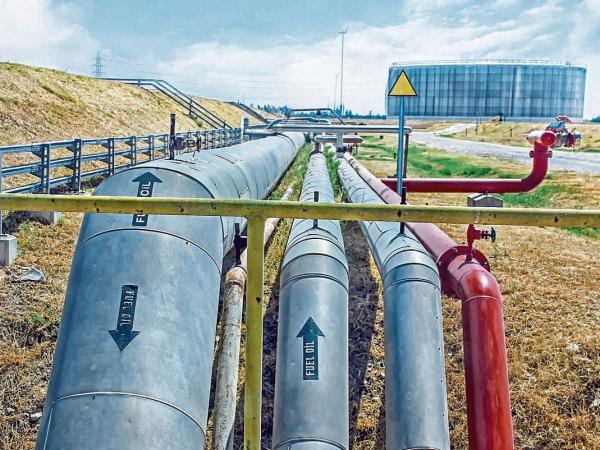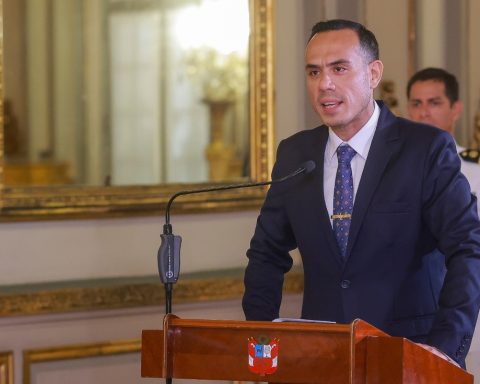The Nation projects a package of eight key works with which it will seek to give greater coverage and efficiency to the supply of gasoline, diesel and jet fuel in the national territory.
(In 2021, $9.6 billion in royalties were approved in the mining sector).
The number of initiatives that are part of a larger number of developments contained in the Indicative Plan for the Supply of Liquid Fuels (PIACL), a document in consultation and prepared by the Energy Mining Planning Unit (Upme), aims to give greater reliability in the supply of the energetic.
“Because it is a public service, and in order to guarantee the supply of liquid fuels that enable public and private economic activities, it is necessary that there be an explicit orientation so that the investment decisions made by the agents lead towards the optimization of the supply system”highlights the content of the document.
In the list of key works, there are seven expansion works for fuel transportation. It begins with the Galán – Lizama pipeline at 42,000 barrels per day; and followed by Galán – Salgar at 115,000 barrels per day, Salgar – Mansilla at 20,000 barrels per day, Sebastopol – Medellín – Cartago at 92,000 barrels per day, Odeca at 35,000 barrels per day, Salgar – Gualanday, and Cartagena – Baranoa at 31,000 barrels per day.
(Mining sector projects a growth of 10% in the year).
Likewise, the time frame for entry into operation, after the expansion of the pipeline list, is between the end of 2023 and 2025.
The main reason why the PIACL outlined the expansion of the seven strategic pipelines is that the Cartagena and Barrancabermeja refineries, with their respective increases in installed capacity to increase the production of gasoline, diesel and jet fuel, they need to distribute the liquid fuels processed by the two complexes as long as possible and with greater volume.
Crude oil imports to the Cartagena refinery are also part of the PIACL account for fuel processing.
“To meet the volumes necessary to meet the demand and with the quality standards (…), it is necessary to import the product and import it, since most of the demand is concentrated in the center of the country,” highlights the document.
The PIACL emphasizes that based on historical information on failures in the components of the transportation systemthe volumes of fuel that must be supplied in the event of a supply failure were estimated, on average, according to the projected demand for the period 2026 – 2045.
For Cenit, a subsidiary of Ecopetrol in the hydrocarbon transportation segment, and which handles more than 95% of the business in the national territory, the plan is to grow in the pipeline network, in ports and in storage centers.
“We have structured an investment strategy to be able to develop these projects. The intention is to increase fuel transport capacity by 100,000 barrels per day by 2030”, said Héctor Manosalva, president of Cenit.
In addition to the seven works to expand the transport capacity of liquid fuels, there are also projects to increase the volume of storage capacity.
“In order to design comprehensive solutions that incorporate the different means of transport available and those that are under development, the combination of transport and storage infrastructure classified as strategic responds to the needs of reliability”, points out the PIACL document.
“We only have five days of remnants and the intention with the systems is to take the storage to 25 days”Manosalva stressed.
BRIEFCASE















